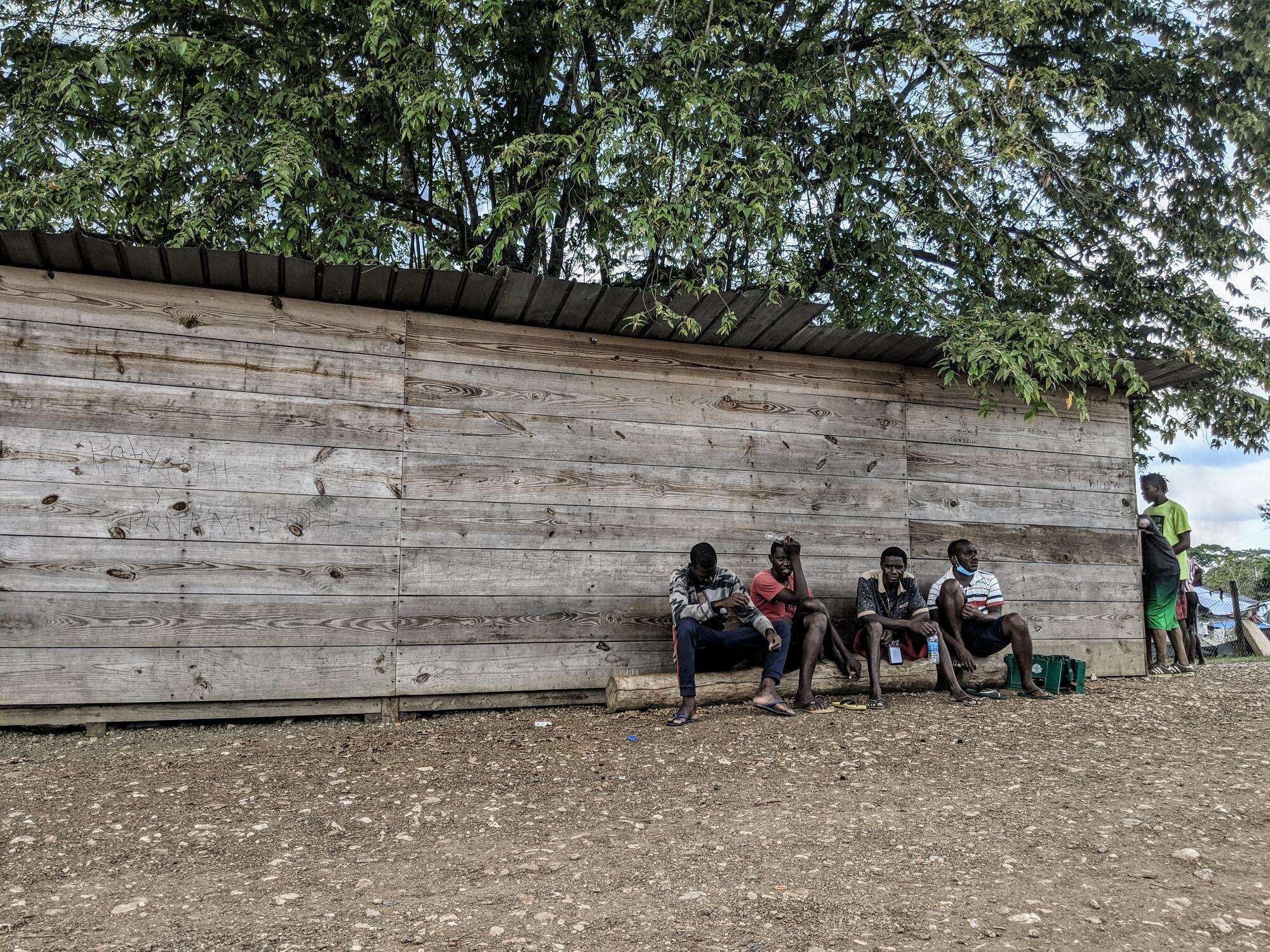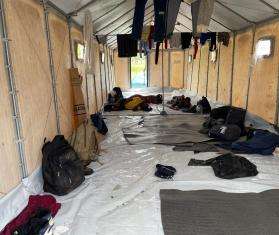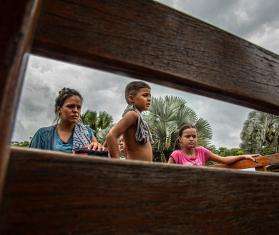The vast majority of those who crossed the Darién Gap in 2022 were Venezuelans who decided to leave other Latin American countries where they had settled and move north towards Mexico and the US, in the hope of finding safety and better opportunities. Many people made the perilous journey with their families, including elderly relatives, young children, and pregnant women.
Depending on the route, crossing the Darién jungle can take up to 10 days, and is extremely dangerous. The terrain is treacherous, with steep cliffs and rivers that are subject to flash floods. We have heard many accounts of people who have died by drowning or falling. Migrants are also vulnerable to attacks by armed groups who ambush them in the jungle.








